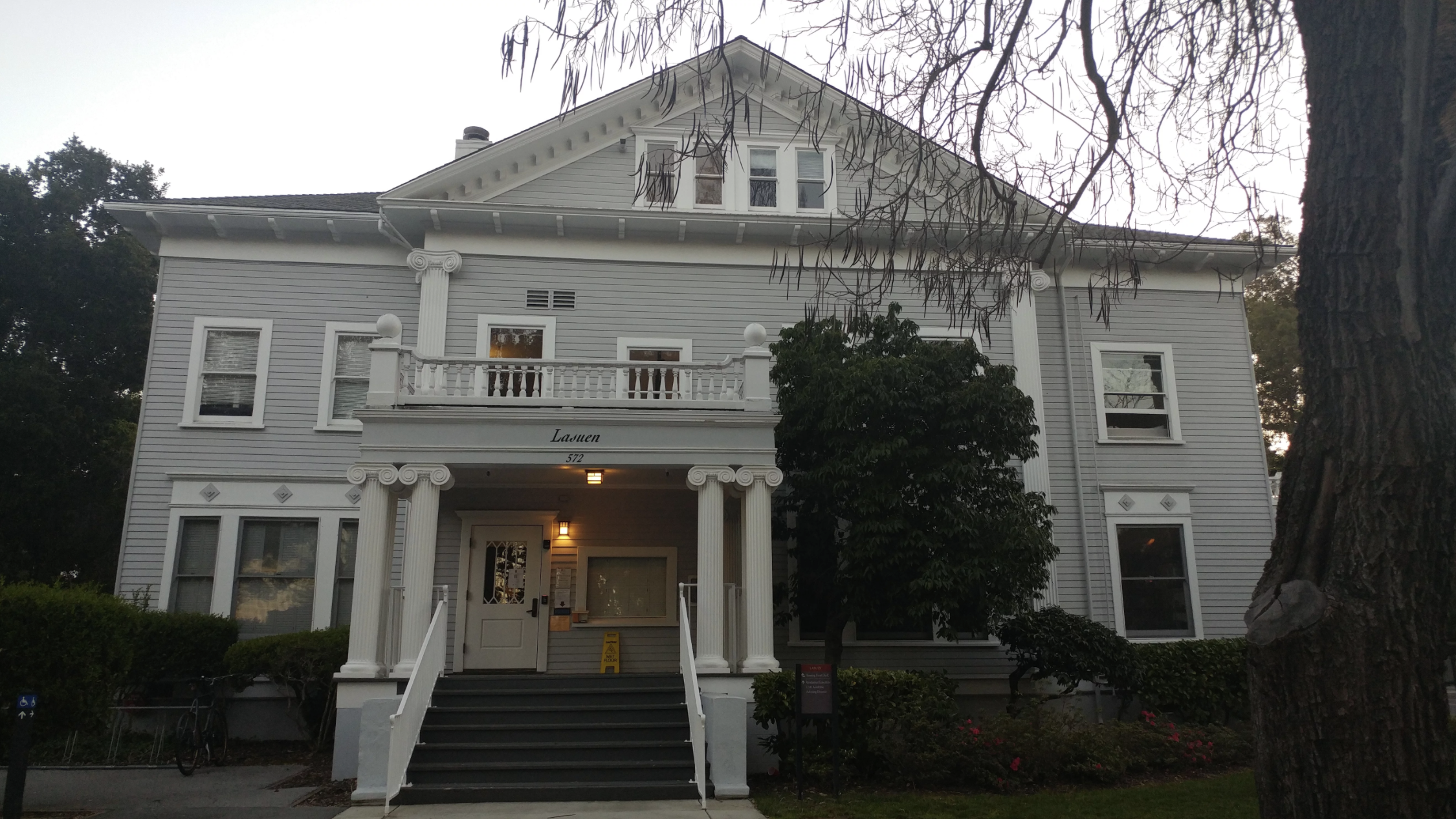Residential Education’s (ResEd) eligibility requirements for receiving student staff stipends for the upcoming quarter disqualify some seniors from collecting their stipend this spring, provoking student backlash and prompting staffers to circulate a petition criticizing ResEd’s decision.
Students in residential staff positions receive quarterly stipends, which ResEd pays at the beginning of each quarter. In a Friday afternoon email from ResEd addressed to all residential student staff, ResEd wrote that “only student staff enrolled in Spring Quarter and seniors still living on campus who were approved for a post-graduation quarter are eligible to receive a stipend.”
Those requirements exclude student staff who have taken a leave of absence, as well as seniors approved for a post-graduation quarter — meaning that they can live in University housing for one quarter after officially graduating — whose application to live on campus in spring quarter was denied.
A Residential Student Staff FAQ released on March 11 states that “only seniors approved to stay in their Spring Quarter assignment for a post-graduation quarter can continue in their roles despite not being enrolled.” The FAQ was released prior to the University’s March 13 request for students to evacuate campus and Santa Clara County’s March 16 “shelter in place” order.
But students say that the FAQ document — as well as the eligibility requirements outlined in ResEd’s Friday email — is inconsistent with ResEd’s repeated reassurances in subsequent correspondences that all staffers would be paid as normal. In a Monday GroupMe message reviewed by The Daily, a ResEd administrator wrote that “student staff that graduated early and planned to live in the house will also still be paid.”
On Sunday, La Maison Français community manager Remy Gordon ’20 sent an open letter and petition, “Student Staff Against Non-Payment,” to ResEd leadership on behalf of student staff members. The petition called for the University to fairly compensate all students, and has garnered 70 signatures from staffers as of Sunday noon.
Gordon wrote that ResEd leadership repeatedly told students that residential staff “serve as the essential threads tying close this campus community,” regardless of their physical locations during spring quarter. “And then [ResEd] took scissors to that very sentiment,” Gordon wrote.
“Our ability to support our residents is not related to the number of units we are enrolled in,” Gordon wrote. The petition urged ResEd to “acknowledge that this decision, most likely made in haste, was not true to the values of residential life at Stanford.”
Isaiah Drummond ’20, the Associated Students of Stanford University vice president and a resident assistant in Robert Moore South (BOB), wrote that he was “appalled” at the decision. In an open letter to ResEd leadership, Drummond expressed disappointment that ResEd “effectively reneged on its promise to continue paying all student staff.”
ResEd’s new policy sends the message that student staff are “dispensable and undervalued,” Drummond wrote.
As of Saturday evening, ResEd has not responded to The Daily’s request for comment.
Carlos Ezquerro ’20, financial manager for Phi Kappa Psi, echoed Drummond’s sentiments in an email to ResEd leadership and student staff, saying he felt frustrated by ResEd’s decision.
As a postgraduate student, Ezquerro is ineligible to receive his spring stipend because his application to remain on-campus this spring was denied, he said.
Drummond says that he knows five or six students personally who are no longer eligible to receive a spring quarter stipend from ResEd; in Drummond’s specific case, 60% of his co-staff are affected, he wrote. He said that those students have been “caught off-guard” by ResEd’s decision.
He also expressed concern for affected students who are first-generation college students or low-income, who may have lost a substantial amount of income for the quarter.
Drummond praised ResEd for its continued commitment to including student voices in its decision-making process and acknowledged the behind-the-scenes efforts of University administrators and student leadership during this period of uncertainty and change.
“I am sorry if any of the decisions we have had to make or communicate added any additional stress to an already stressful time,” wrote Assistant Vice Provost for ResEd Cheryl Brown in an email to student staff on Friday night, after Drummond’s open letter had been sent to ResEd leadership and student staff. “Please know that we are doing everything we can to meet your needs while adhering to the changes required on campus. We will do our best to continue representing your needs and addressing your concerns.”
Drummond said that he hopes any student who wants to remain involved in the residential staff community can remain involved.
“Going into a quarter where we don’t know what tomorrow will bring, we need as many students as possible to assist other students and foster a community,” Drummond said.
Contact Alex Tsai at aotsai ‘at’ stanford.edu.
This article has been updated to include details about the Student Staff Against Non-Payment petition sent to ResEd leadership on Sunday.
